The United Nation’s Sustainable Development Goals
The 2030 Agenda for Sustainable Development, adopted by all United Nations Member States in 2015, provides a shared blueprint for peace and prosperity for people and the planet, now and into the future.
At its heart are the 17 Sustainable Development Goals (SDGs), which are an urgent call for action by all countries – developed and developing – in a global partnership. They recognize that ending poverty and other deprivations must go hand-in-hand with strategies that improve health and education, reduce inequality, and spur economic growth – all while tackling climate change and working to preserve our oceans and forests.

#1 NO POVERTY

#2 ZERO HUNGER

#3 GOOD HEALTH AND WELL-BEING

#4 QUALITY EDUCATION

#5 GENDER EQUALITY

#6 CLEAN WATER AND SANITATION

#7 AFFORDABLE AND CLEAN ENERGY

#8 DECENT WORK AND ECONOMIC GROWTH

#9 INDUSTRY, INNOVATION & INFRASTRUCTURE

#10 REDUCED INEQUALITIES

#11 SUSTAINABLE CITIES AND COMMUNITIES

#12 RESPONSIBLE CONSUMPTION & PRODUCTION

#13 CLIMATE ACTION

#14 LIFE BELOW WATER

#15 LIFE ON LAND

#16 PEACE, JUSTICE AND STRONG INSTITUTIONS

#17 PARTNERSHIPS FOR THE GOALS
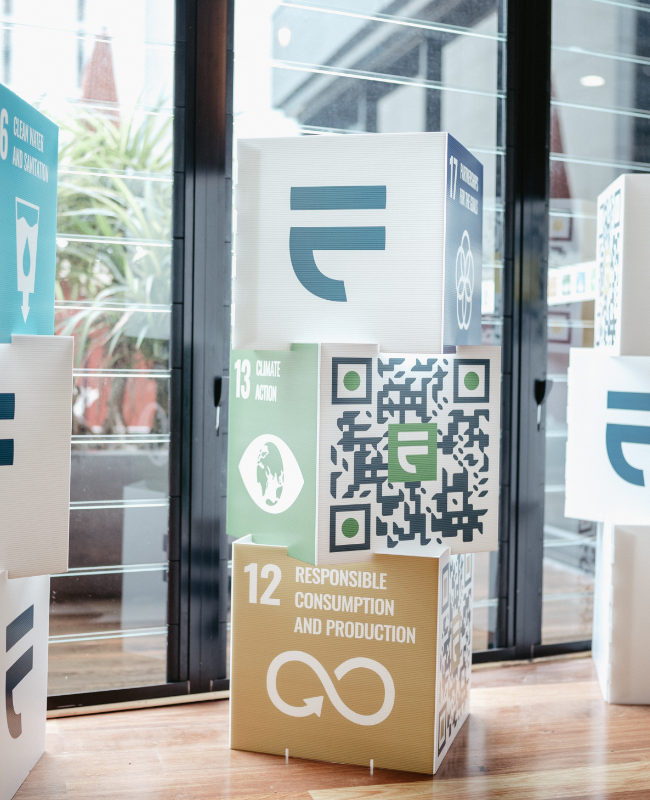
EVERLEDGER & UN’s SDGs
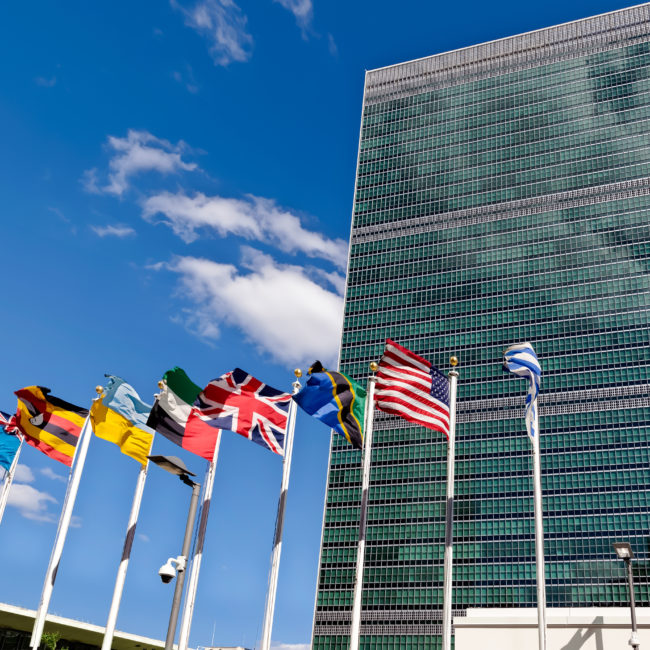
The SDGs Today
Our solutions are built on not only advanced technology, but also deep knowledge of industries, rooted in corporate citizenship principles. We work together with partners to increase their value – more responsibly, more sustainably and more efficiently.
Today, the Division for Sustainable Development Goals (DSDG) in the United Nations Department of Economic and Social Affairs (UNDESA) provides substantive support and capacity-building for the SDGs and their related thematic issues, including water, energy, climate, oceans, urbanization, transport, science and technology, the Global Sustainable Development Report (GSDR), partnerships and Small Island Developing States. DSDG plays a key role in the evaluation of UN systemwide implementation of the 2030 Agenda and on advocacy and outreach activities relating to the SDGs.
In order to make the 2030 Agenda a reality, broad ownership of the SDGs must translate into a strong commitment by all stakeholders to implement the global goals. DSDG aims to help facilitate this engagement.
Content courtesy of the United Nations Office of Sustainable Development.
For more information, please visit the UN’s site, follow the DSDG on Facebook, or on Twitter.
Sustainable Development Goals (SDGs)
We energetically pursue the UN’s SDGs. Specifically those relating to: gender equality; decent work and economic growth; industry innovation and infrastructure; sustainable cities and communities; and responsible consumption and production.
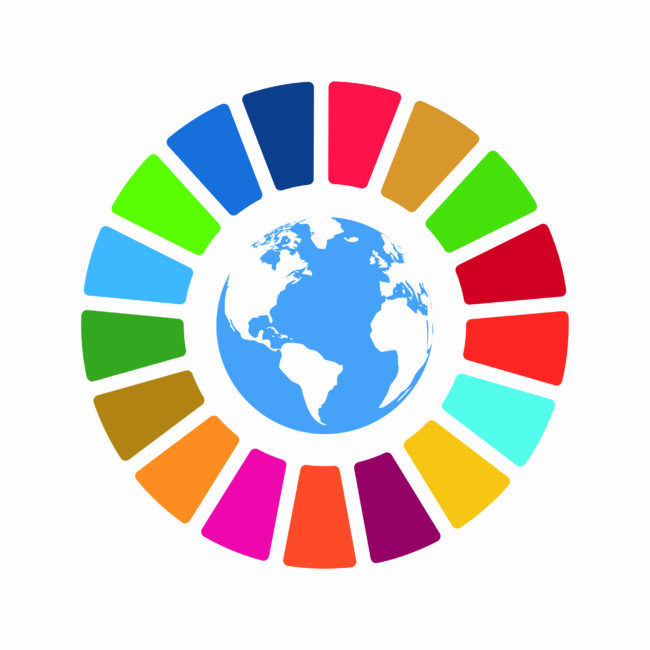

Carbon footprint reduction
Responsible Minerals Initiative (RMI)

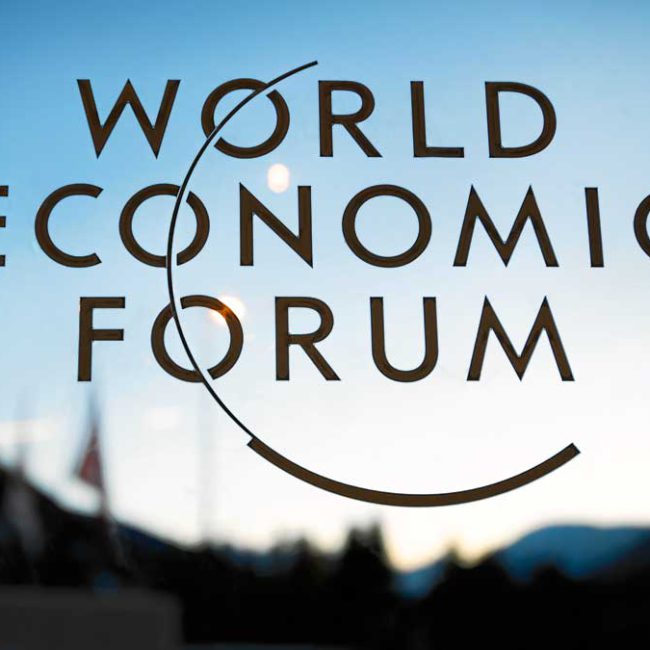
World Economic Forum (WEF)
Technology Pioneers


OECD
Global Blockchain Business Council (GBBC)
GBBC advances understanding of blockchain technology among global regulators and business leaders. We collaborate in GBBC workstreams and speak at key events.


Global Battery Alliance
Established by the World Economic Forum to ensure ethical innovation in the electric vehicle and energy storage markets, we contribute to its Circular Economy Working Group.
Alliance for Advanced Transportation Batteries
NAATBatt is the trade association of manufacturers, supply chain partners and users of advanced battery technology. We are actively involved in the Recycling Committee.


FISITA
Suppliers Partnership for the Environment
SP provides a forum for automotive stakeholders to take action on environmental sustainability. Our CEO Leanne Kemp participates in the Responsible Battery Workgroup.

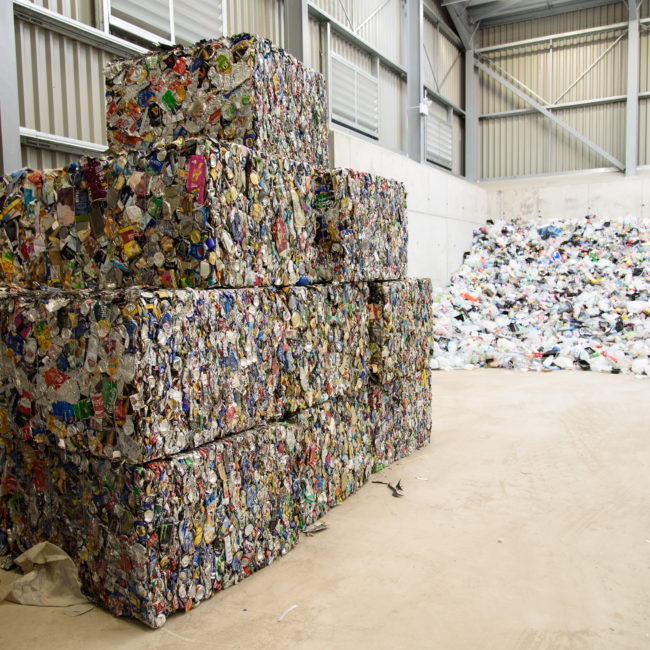
Reverse Logistics Association
RLA is a global trade association for the product returns and reverse transportation industry. We participate in the recycling and standards committees.
Sustainability Policy
Sustainability is core to our culture at Everledger. For us, it operates via two vectors: internal programmes and the impact enabled by our products and services.
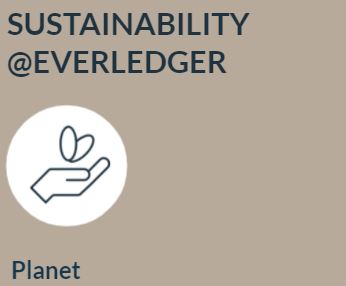

Carbon-offsetting
Concept Papers


Case Studies
Learn how we have helped our partners surface and converge richer asset information, contributing to the marketplaces where transparency matters most.

